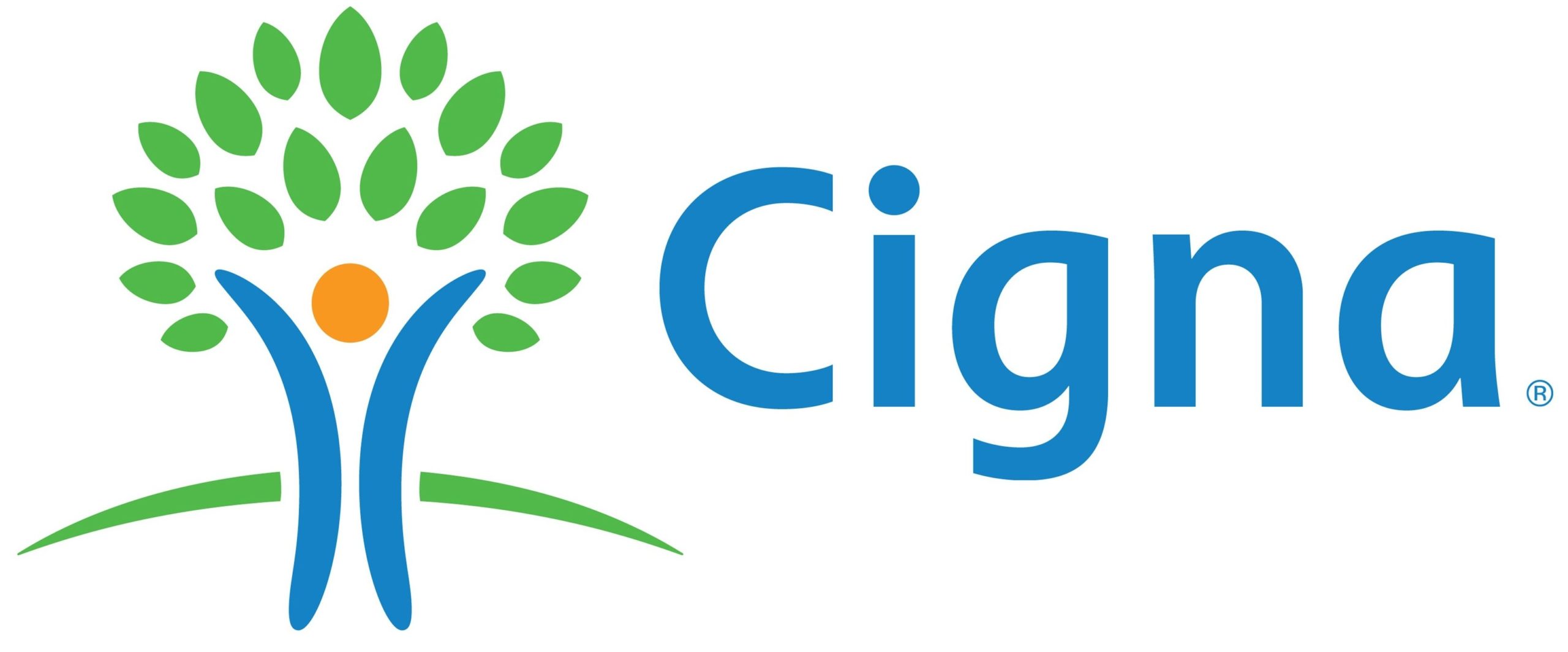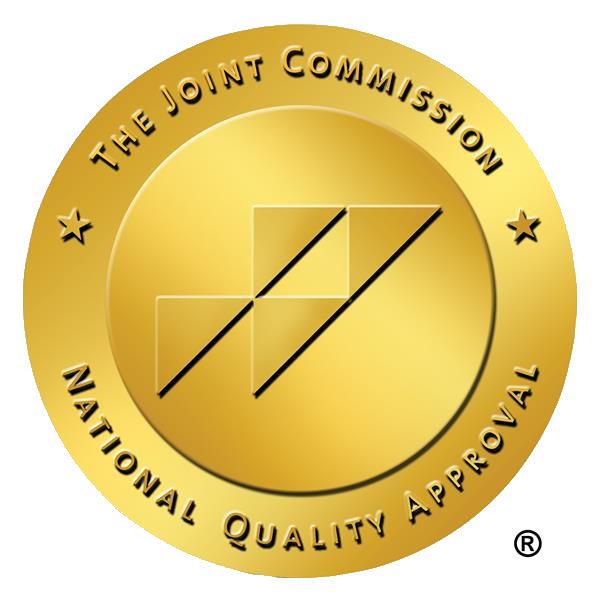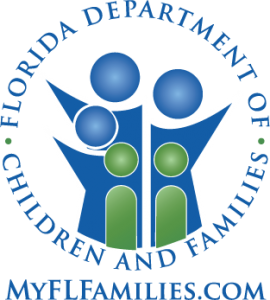Psychosis
Updated October 19, 2021
On This Page
When dealing with mental health, people can often confuse a symptom of a mental illness as a mental illness itself. In this case, many people believe that Psychosis is a mental illness. However, Psychosis is a symptom of an underlying problem or condition.
What is Psychosis?
The World Health Organization defines Psychosis as the experience of delusions, hallucinations, or both. Individuals who experience Psychosis may not realize their symptoms because the neuropsychiatric symptoms lead to an impaired sense of reality or lifeskills.
Psychosis can generally be broken down into four different categories.
Psychotic Disorders
Schizophrenia spectrum disorders recorded in the “Diagnostic and Statistical Manual of Mental Disorders (DSM-5)” exhibit Psychosis as a primary symptom.
Psychotic disorders in this category include:
- Schizophrenia
- Schizophreniform disorder
- Delusional disorder
- Schizoaffective disorder
- Unspecified schizophrenia spectrum and other psychotic disorder
- Brief psychotic disorder
- Other specified schizophrenia spectrum and other psychotic disorder
Mental Health Conditions
Other mental health conditions such as Post-traumatic stress disorder (PTSD), Bipolar disorder, Postpartum Psychosis, and severe major depressive disorder may also lead to Psychosis.
Organic Psychosis
Secondary Psychosis, or Organic Psychosis, can appear due to a change in brain function affecting cognitive behavior. These changes can occur from neurodegenerative conditions such as dementia, a traumatic brain injury (TBI), a stroke, or other brain abnormalities.
Substance-Induced Psychosis
Substances such as medication can cause substance-induced Psychosis. Withdrawal from medications may also induce Psychosis.
It’s important to know that one or all of these categories can influence an individual’s mental behavior.
How to Treat Psychosis
There are a few interventions that can help with the treatment of Psychosis. Creating a protective residential environment with community and family support in addition to pharmacotherapeutic interventions like antipsychotic medications can offer relief to certain patients.
This method may not work for everyone, so it’s essential to also consider psychological therapy such as cognitive behavioral therapy to aid in the treatment of Psychosis
-
Depression, Seasonal Affective Disorder, Major Depressive Disorder
-
Anxiety Disorders, Generalized Anxiety and Panic Disorders
-
Bipolar Mood Disorder
-
Borderline Personality Disorder
-
Previous thoughts of self-harm, Post Baker Act Dischage, Passive Suicidality
Treatment Is Ongoing
Celadon Recovery understands the therapeutic process is a lifelong commitment; to the individual, to the families, to recovery, and to wellness. Celadon Recovery offers a step-down process and guidance through every level of care. We are dedicated to individuals receiving services aftercare, offering intensive outpatient, outpatient, telehealth medication management and services, as well as an alumni program, as we are only a phone call away!
Give us a call anytime day or night:










